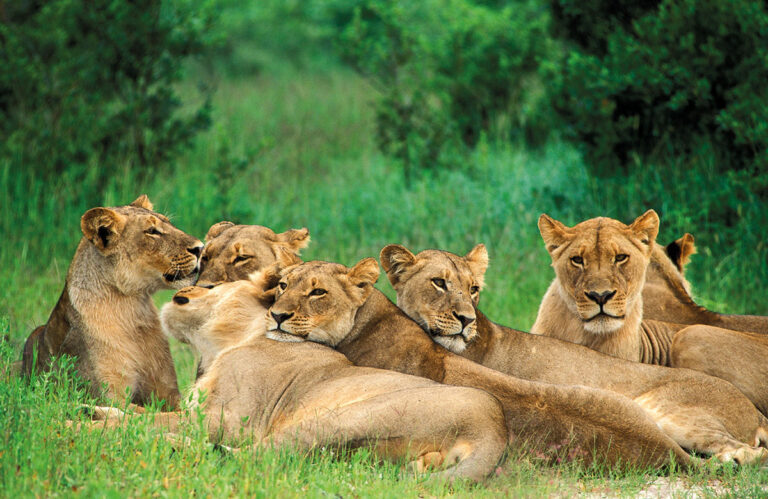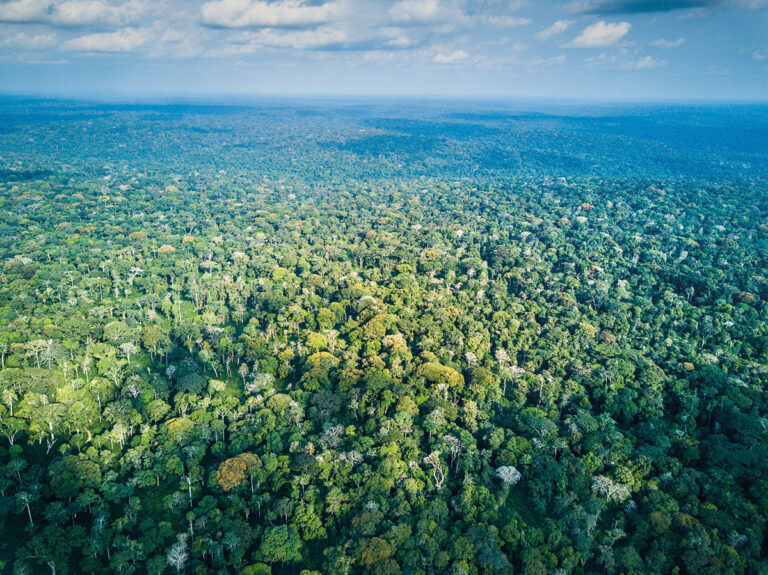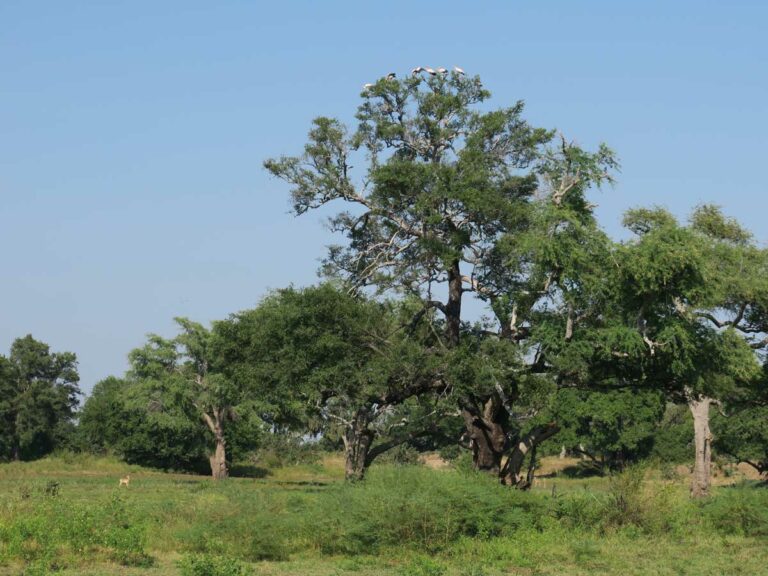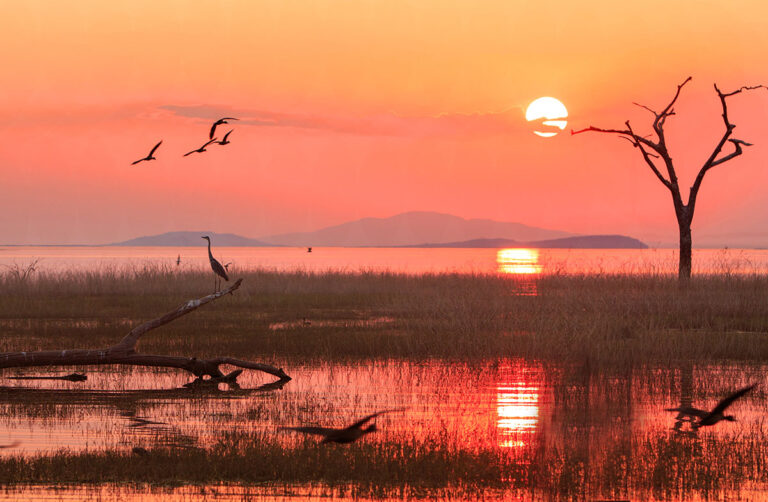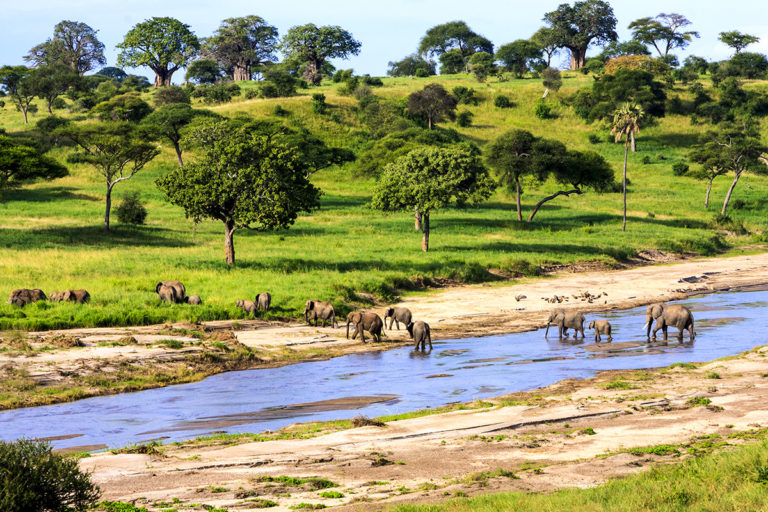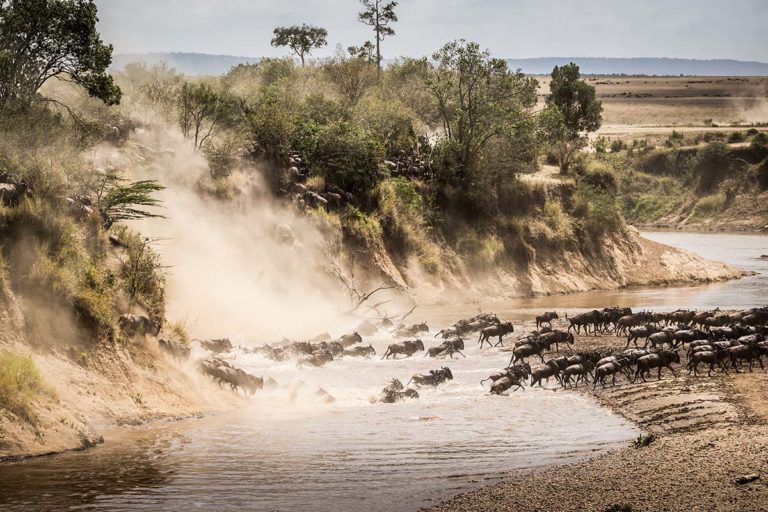Six essential planning questions
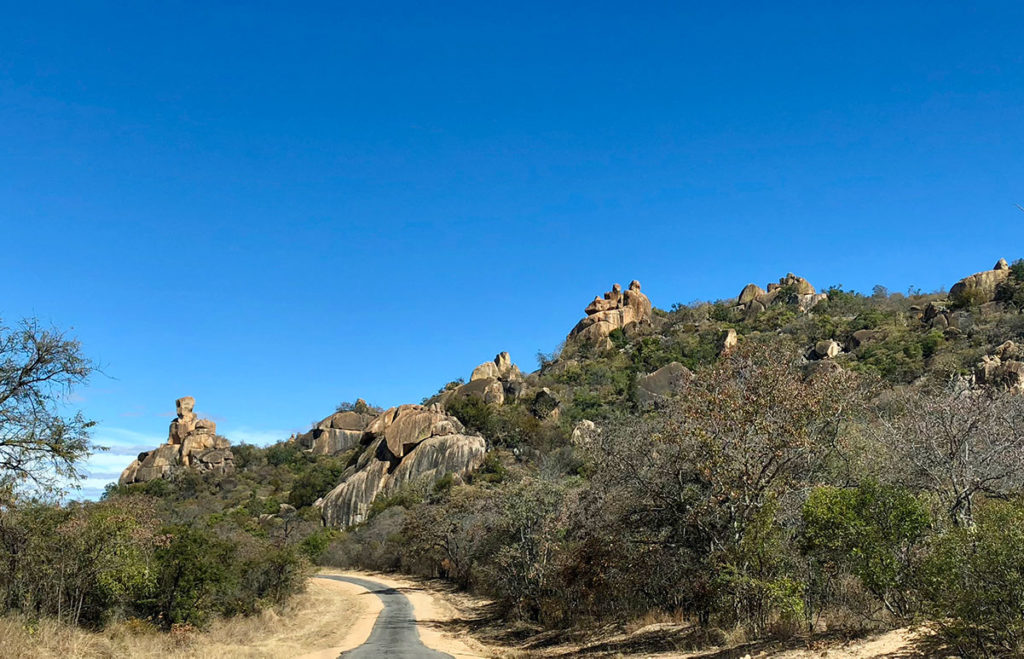
So, you want to visit Africa? Knowing how to start the planning process can be seriously daunting: the continent offers an extraordinary amount choice. And while choosing the right destination may seem like the most pressing issue to anyone planning an African holiday or adventure, “Where should I go?” is invariably the last thing you should ask.
There are several questions which you should consider first, which will help you get a clear idea of what you hope to derive from your trip. The continent is vast, and the range of experiences and opportunities is limitless, so understanding your hopes will help immensely with your planning. Start with these six questions to help you plot your trip.
At the very least it will give you a head start on your research and let you give your tour operator a more focused and appropriate brief, allowing them to use their considerable experience to your benefit.
- How long do I want to go for?
The answer to this question has an immediate impact on the choice of your eventual destination. Because Africa is so immense, the length of your trip will either limit or extend the range of activities and sights available to you.
For instance, a short trip will mean that you’ll have to focus on a destination that has a high density of attractions and good transportation links. With more time, you’ll be able to consider a combination of destinations further apart, or enjoy the opportunity to move at a slower pace. This could mean altering your mode of transport, whether that is by taking public transport or travelling between sites in a private 4WD or air charter.
- When do I want to go?
For travel in Europe, the answer to this question determines simply what clothes you’ll pack. In Africa, it affects what you are able to see and do – and in many cases, if you can even make it there.
Wildlife populations migrate, congregate and mate according to the seasons. Parks can burst with animals at certain times of the year and be eerily quiet at others. Some reserves may be inaccessible during the rains. The good thing is that there is always great wildlife somewhere; you just need to match the right region to your travel dates.
If dealing with travel agents or tour operators, always be clear on what is more important: the destination or the wildlife. If it’s the latter, you shouldn’t start off with “I’d like to go on safari in Kenya this March.” Rather, you’d be better off saying: “I’d like to go on safari this March; where is wildlife best during that period?”
Having said that, there may be a good cause to see a park or reserve in the ‘off-season’, when a different experience is on offer, such as the lush green season in Zambia. You need to ensure you are well informed and know what to expect.
Even if wildlife isn’t your priority, always enquire about the seasonal weather patterns of a destination before booking. Being in the Sahara during the Harmattan winds or in the Ethiopian lowlands during the rainy season could be a recipe for disappointment.
- Who am I travelling with?
Are you intending to travel alone, with your partner, your children or a group of friends? Some regions offer great value accommodation for larger groups and families, like the Kenyan coast where you can rent entire beach houses. Others have more luxurious and romantic options for couples on honeymoon. If you’re travelling with someone who has mobility issues, such as being in a wheelchair, there are plenty of options but you’ll need to consider the provision available at the facilities that will host you.
The personalities and fitness levels of your group can also help pin down certain aspects of your holiday. If one of you would be terrified by the thought of sleeping in a tent inside a wildlife reserve, with nothing but canvas separating you from lions, you may want to opt for sturdy-walled lodge accommodation instead. If your stairs at home leave you short of breath, climbing Kilimanjaro or trekking to see gorillas may be out of the question (or a motivation for you to raise your fitness levels first!).
Who you travel with can also affect how you get around. If your companions are elderly or have mobility issues you may need more comfortable ground transportation, or you may be better off taking internal flights (something not available everywhere).
Travelling with children is a viable option in Africa and actually limits your choice of destination less than you might believe. Yes, some safari lodges won’t take kids, but there are oodles of others, and national parks, that welcome them with open arms – some even have special children’s programmes. Seek them out. If you’re ever turned away by one operator, just ask another and you will soon find joy.
There are also some amazing wildlife areas to visit that are malaria free; others are safe to visit if you follow health advice from your travel clinic.
- Do I want to travel independently or on an organised tour?
Travelling independently gives you tremendous flexibility, though it also means doing everything yourself. If you’re out to see the culture of West Africa, this may involve many hours riding local bush taxis (a rewarding, albeit slow, experience). For a self-drive camping safari, you could hire a 4WD and head into Namibia’s Etosha National Park, or test your mettle in the heart of the Kalahari. Some regions, especially southern Africa, are better suited for self-drive holidays, so if your goal is to get behind the wheel you should be able to hone in on your destination fairly quickly.
Organised tours and safaris put control in the hands of experienced professional planners and operators, so – assuming you have briefed them well – there should be less chance of your expectations not being met. You can sit back, relax and not have to worry about all the logistics involved. Cultural tours with experienced guides are undoubtedly also more rewarding and educational than they would be with a guidebook alone.
- What is my budget?
The size of your budget won’t really preclude you from visiting most areas – it will simply change how you experience them. Your budget will determine the range of accommodation and transportation you are open to, and – depending how you allocate it – what combination of activities you can allow yourself.
If you’re prepared to use public transport and stay in basic accommodation, a backpacker’s funds can take you most places. However, there are some costs you are not going to be able to avoid, such as park fees. In some countries, you may find this restricts your time in some parks.
Be aware that money buys you more than just a soft bed on safari: it can also land you a top-notch guide and a comfy open-topped 4WD instead of a converted minibus. Quality wildlife guides not only increase your chances of seeing a good range of wildlife, their knowledge greatly enhances your enjoyment of the encounters, often providing stimulating insights into species you had previously known little about.
We believe a quality guide is one of the most important investments you will make, and would suggest you compromise on other aspects of the trip if your budget is restrictive.
For those on a larger budget, private reserves can offer a more exclusive experience. Often flanking national parks and reserves, they possess rich populations of wildlife and can provide a degree of comfort and luxury that can be extraordinary.
A good idea if you’re on a medium budget and want premium wildlife experiences is to mix and match, spending top-end money on an organised safari in the middle of your trip, while travelling independently before and after it.
- What do I want to see and do?
It’s likely you’ll have a sense of why you want to visit Africa; probably your motivation will focus on a combination of six categories: wildlife, culture, history, landscapes, activities and beaches.
One may dominate – you may be interested purely in a classic safari, for example – or you’ll want to give equal priority to a combination of factors (wildlife and beaches, for example). You’ll need to select a destination which can offer each of these elements, within the framework set out by your answers to questions 1-5 above.
Be aware that this list is far from exhaustive; it’s impossible to cover that sort of ground in one article. Our goal is merely to point you in the right direction, whether planning your trip yourself or as a starting point for your discussions with your tour operator.
Safari njema!
Other recent articles
Rediscovering Zimbabwe
The green heart: trees of life
Where to look?
Zimbabwe highlights
Circuit breaks
25 Reasons to visit Kenya
Subscribe
Never miss an issue of Travel Africa
To ensure you get your regular Africa fix, subscribe to have each issue of Travel Africa delivered directly to you as soon as it is published (four times a year). Choose from print+digital or digital-only options, to suit your preferred reading style. Renewals and gift options are also available.
Join our Shamwari gnusletter
Sign up to receive additional content, news and travel tips by email. Your address will be used only for this purpose and you can unsubscribe at any time.
By using this form you agree that you have read our Privacy Policy

